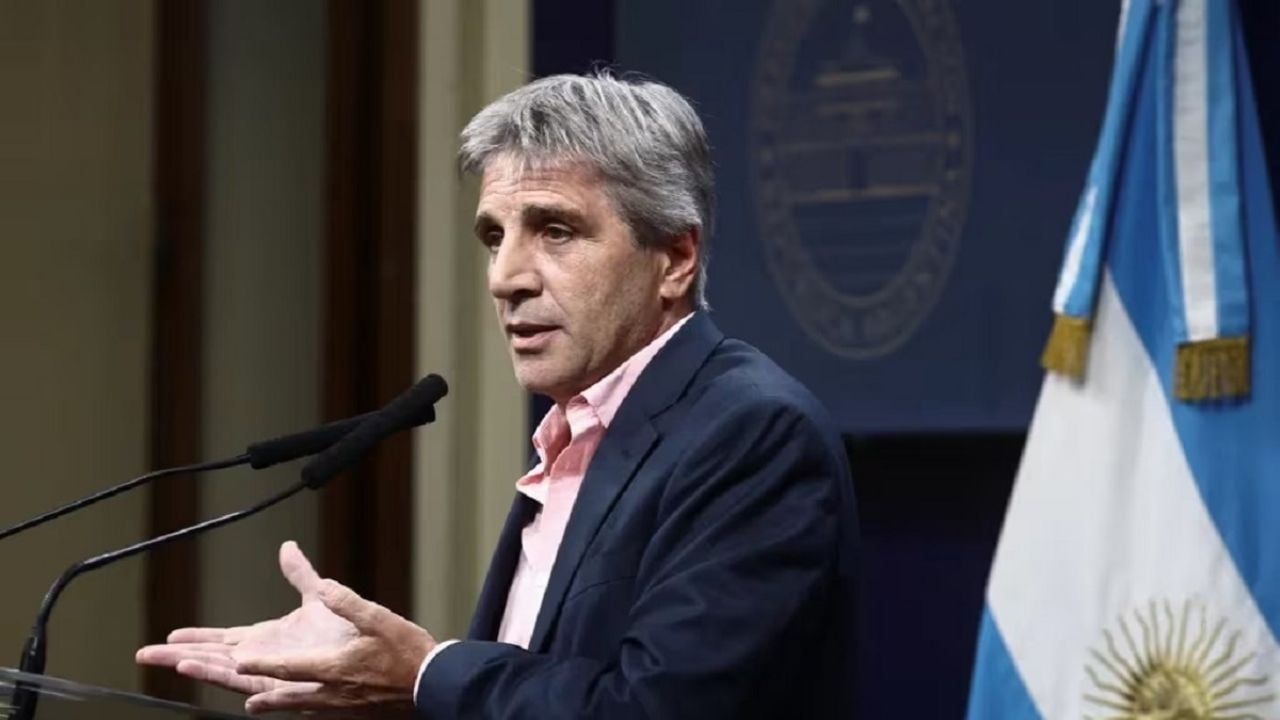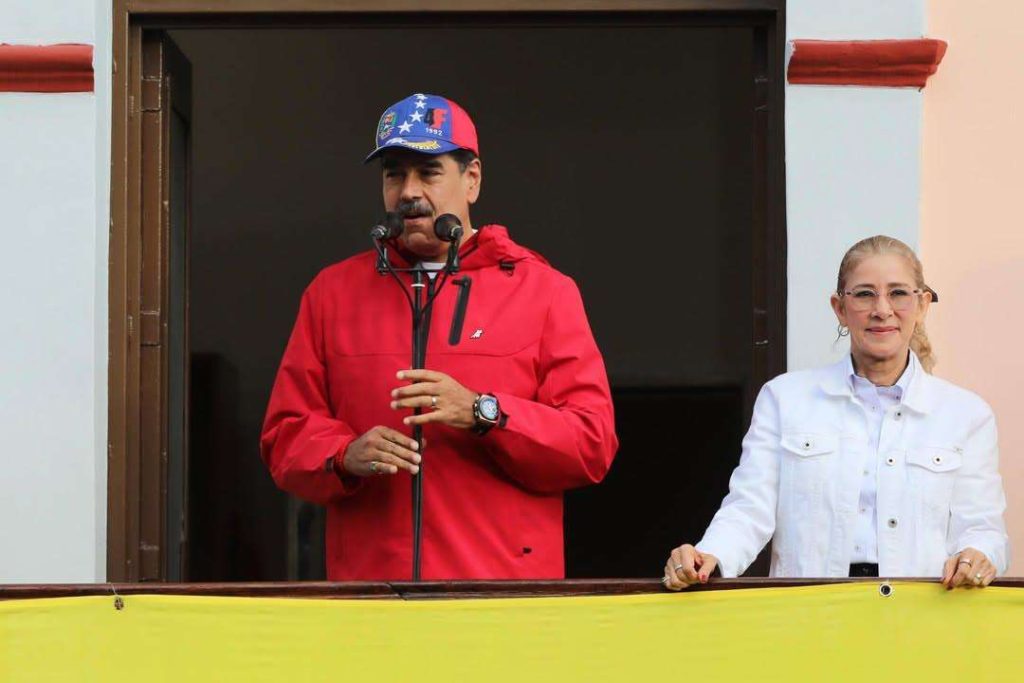The negotiation between Argentina and the International Monetary Fund (IMF) has been a recurring topic in the country’s economic policy. Recently, the Minister of Economy, Luis Caputohas insisted that the economic program will be proposed by Argentina and that there is no set date for the end of the exchange rate.
Luis Caputo has emphasized that the exit from exchange restrictions does not depend on a specific date, but on the achievement of three conditions that the Argentine government has set for itself. These conditions, although not publicly detailed, are essential to ensure an orderly and sustainable transition to a freer exchange market.
In the midst of negotiations with the IMF, Caputo has reiterated that the economic program will continue to be the one proposed by Argentina. This position reflects the government’s intention to maintain control over economic policies and avoid external impositions that could affect the country’s sovereignty.
The context of these negotiations is complex. Argentina has faced significant economic challenges, including high inflation, considerable foreign debt, and an economy in recession. In this scenario, IMF support is crucial to stabilize the economy and restore confidence in international markets.

The president Javier Milei has also actively participated in these negotiations. In a recent interview from Davos, Milei mentioned that the exit from exchange restrictions would be faster if the government obtains financing, either through the IMF or private investment funds.
This statement highlights the importance of external financing to accelerate the elimination of the exchange rate. The IMF, for its part, has shown its willingness to continue supporting Argentina. The managing director of the organization, Kristalina Georgieva, has expressed her positive impression about the results of the Argentine economic program and her willingness to continue collaborating with the country.

This support is essential to advance the negotiations and ensure a beneficial agreement for both parties. However, the negotiations are not without challenges. The IMF has pressured the government Argentina to eliminate exchange restrictions, a measure that could have significant implications for the country’s economy.
The elimination of the exchange rate is seen by some as a necessary tool to attract investment and improve competitiveness, but it also carries risks, especially in a context of limited international reserves.
follow us on Google News and on our channel instagramto continue enjoying the latest news and our best content.















